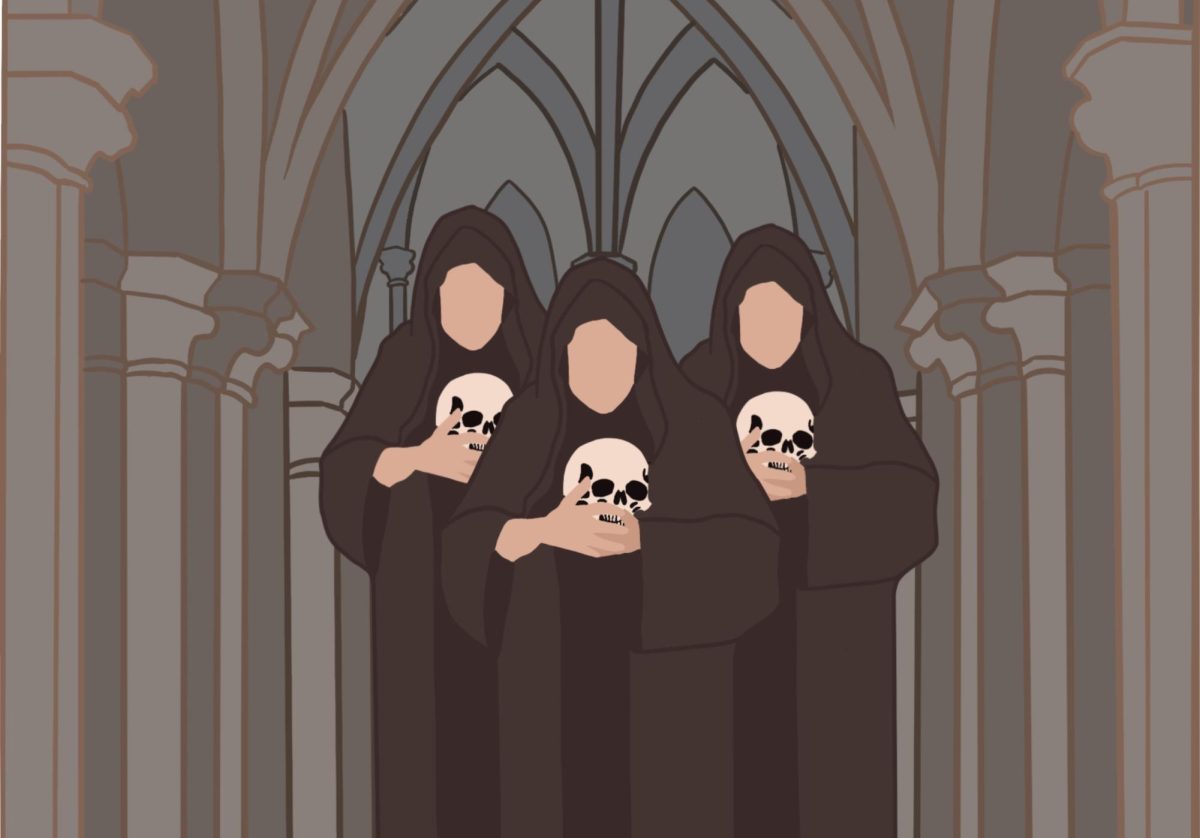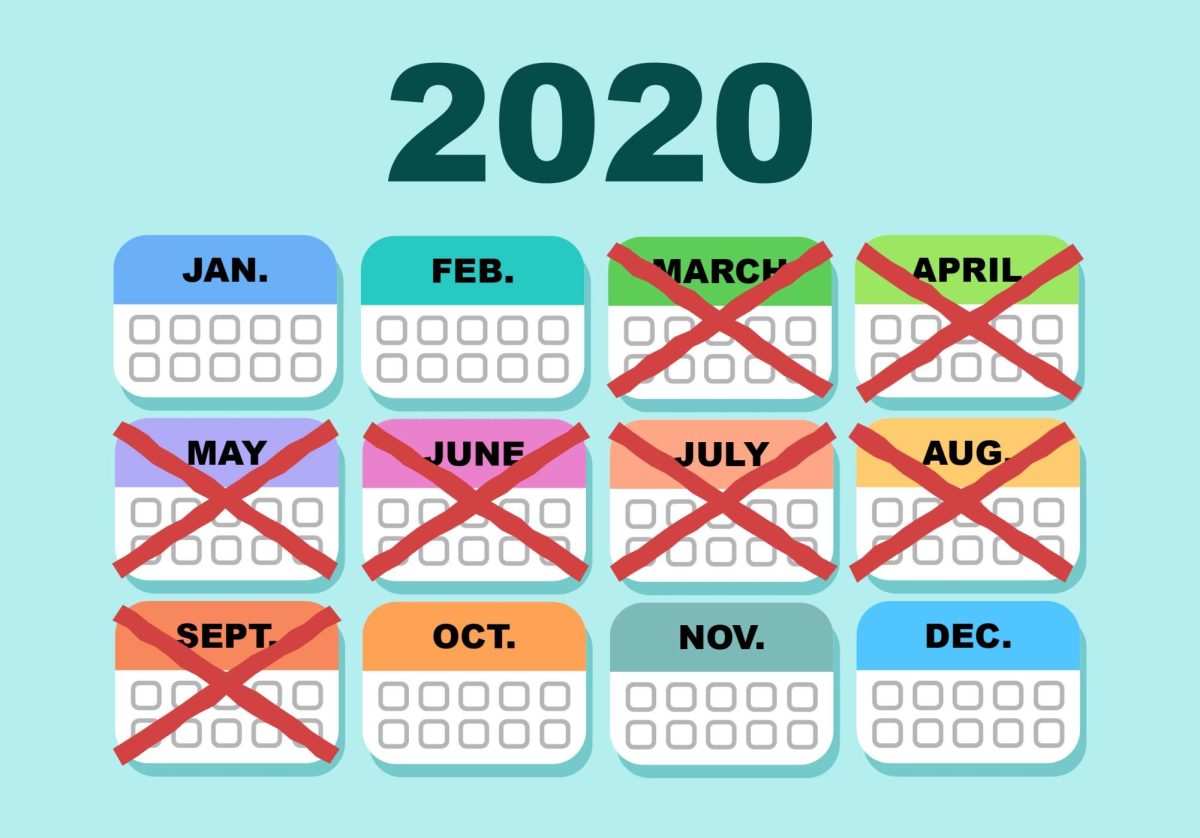Three weeks ago, the United States watched breathlessly as the U.S. Capitol building was under siege. The events of Jan. 6 sent shockwaves across the U.S. and left many searching for answers. How could this have happened in America?
We’ve spent the past several decades claiming to implement and encourage democracy around the world, and it was only a matter of time before our actions came home.
In 1956, John F. Kennedy described the United States’ role in foreign affairs as a volunteer firefighter, someone who rushes in when others are in need of help and puts out the fire. At the time, he applauded Vietnam’s President Ngo Dinh Diem for his leadership and establishing Vietnam as a “cornerstone of democracy” in Southeast Asia. While Kennedy was proud of the previous U.S. interventions in Vietnam, he decided that from that point forward, “the choice can only be made by the Vietnamese” when it came to the fate of their country. Six years later, Kennedy was president and the U.S. was assisting in the coup that would leave Diem assassinated and the people of South Vietnam thrown into further turmoil. This was not the first time the U.S. incited violence and terror abroad, and it would be far from the last.
Three decades later, Ronald Reagan addressed the American public on U.S. involvement in Nicaragua, doubling down on his support of the Contras (counter-revolutionary fighters, or as Reagan preferred to call them, freedom fighters). He evoked familiar American fears as he declared the Communist Sandinistas of Nicaragua a threat to the security of the United States. In his address, Reagan announced that the U.S. would be sending aid to the Contras in the form of $100 million, funding that was partially secured through an illegal arms deal with Iran, better known as the Iran-Contra affair. On the U.S. dollar, the Contras continued to terrorize the people of Nicaragua.
The 21st century saw the U.S. entangled in yet another foreign conflict. In March of 2003, George W. Bush broadcasted an international message announcing that the U.S. would go to war in Iraq. He promised the Iraqi people that the United States would “tear down the apparatus of terror” and remove the “tyrant” in their country. He assured them that any military campaign would be directed against these tyrants and terrorists, not everyday Iraqis. The “goal” of this war was to assure that Iraq was “democratic and free.” Bush lied, as did Reagan and Kennedy. The Vietnamese were not allowed to make their own decisions. Funding for the Contras was not acquired legally, nor were the Contras a group the U.S. had any business supporting to begin with. And thousands of Iraqis would find themselves caught in the crossfire of war. The nation that prides itself on its war on terror has been the greatest terror to the world for decades.
Millions of civilians were killed in the Vietnam War. Overall the war cost the U.S. more than $800 billion. Thanks to America’s generous donation, thousands of civilians were killed in the Contra war. While several in Reagan’s administration were charged on counts of withholding information from Congress about the Iran-Contra affair, they were later pardoned during George H. W. Bush’s presidency. The invasion and subsequent war in Iraq kicked off a series of conflicts in the Middle East that have cost us $6.4 trillion so far. Hundreds of thousands of civilians have been killed in such conflicts, and millions have been displaced. The United States has made a long and costly career out of playing “volunteer firefighter.”
Our involvement in foreign governments dates back to the early 19th century, first focusing on Central and Latin America, moving slowly to the Pacific and eventually reaching the rest of the world. For decades, we’ve been an imperial force to be reckoned with, seemingly undefeated in (most) of our affairs. We’ve funneled hundreds of billions into military funding at home and abroad. We’ve experimented with forms of regime change ranging from direct, violent coups, like Kennedy’s coup against Diem, to attempts to influence foreign voters, such as Bush’s involvement in Bolivia’s 2002 election. As a nation that has dedicated so much time to intervening in other nation’s affairs, it is no surprise that this legacy of terror came back to haunt us on Jan. 6.
On the morning of Jan. 6, the Electoral College was likely set to confirm Joe Biden’s presidency. Donald Trump lashed out on Twitter, calling the vote a “fraud” and the U.S. election system “worse than that of third world countries.” In a public address, he encouraged his followers to “fight like hell” and declared that he would join them in walking to the Capitol to display “pride and boldness” that would “take back our country.” Hours later, Americans watched in panic and disbelief as the Capitol was attacked.
There was nothing unprecedented about this moment, given the nature of our country’s history. We’ve assisted in coups where the leader is murdered or forced out of the country. We’ve pulled the strings in other country’s elections. We’ve watched for years as civilians are caught in the crossfire of warfare, running through the streets with their clothes burned off by napalm or their faces bloodied by shrapnel. Violence is in our DNA, and the events of Jan. 6 should not be shocking to us. We’ve undermined other country’s leaders for decades and implemented our forceful changes to regimes we deemed unfit to rule. Trump is not the first president to inspire this sort of violence; he’s just the first to bring it home.
Today, we are the ones processing death and violence, contemplating the meaning of democracy and questioning our safety. We’ve been firefighters for decades, accumulating rubble and ash everywhere we go. Now our house is on fire, but we can’t save ourselves.
Imperialism always finds its way back home.














